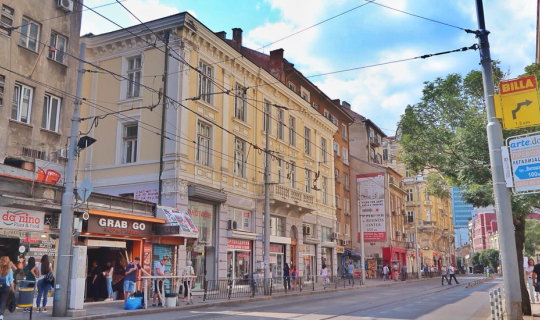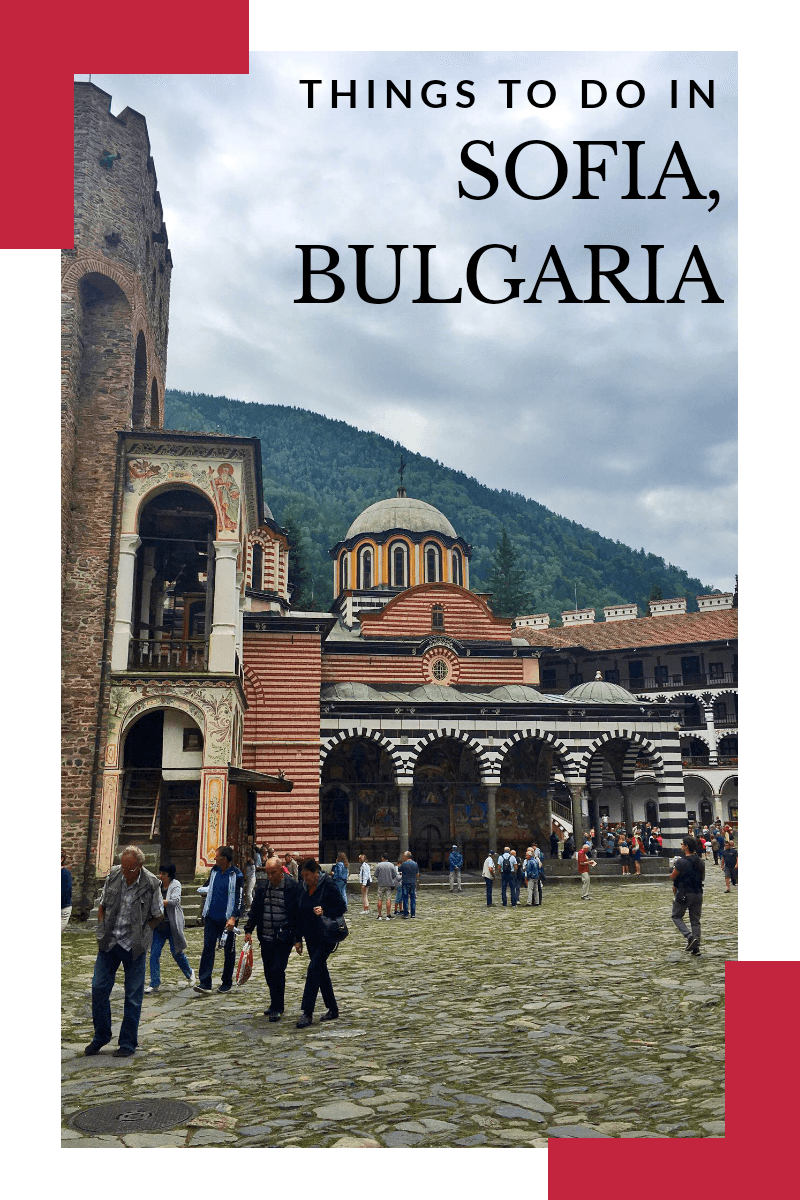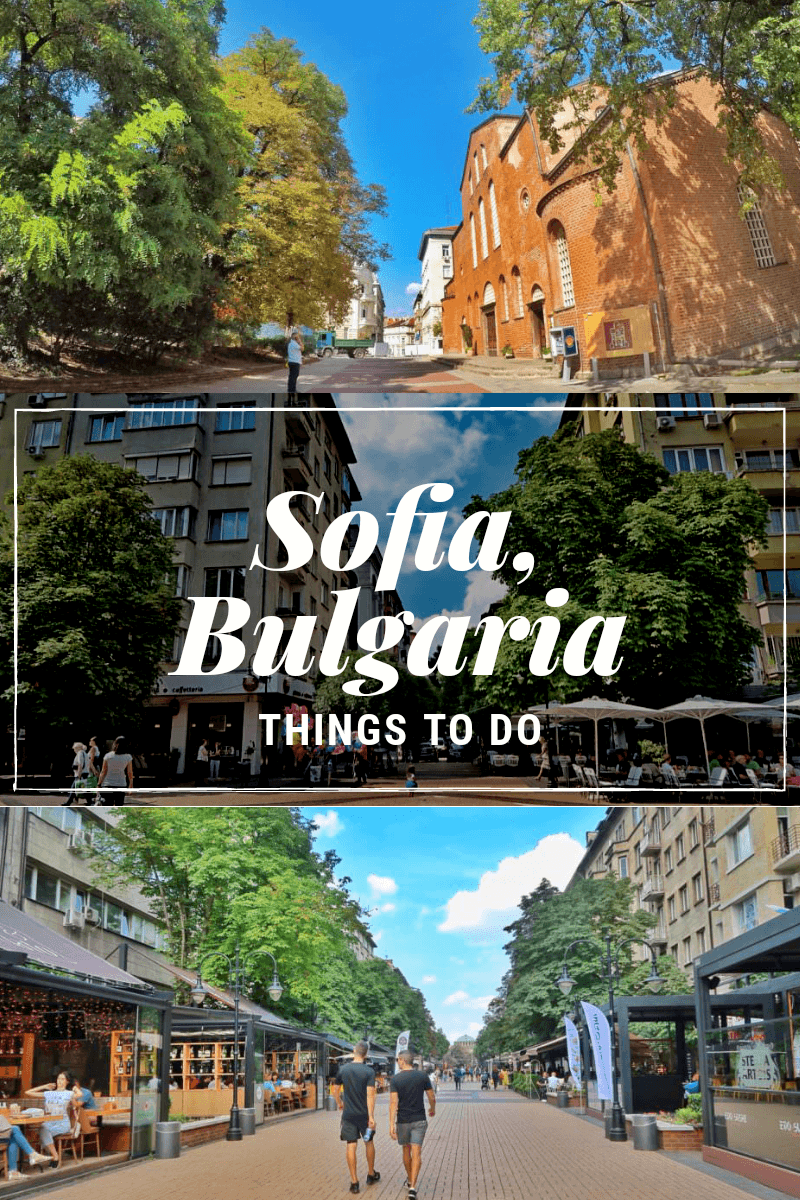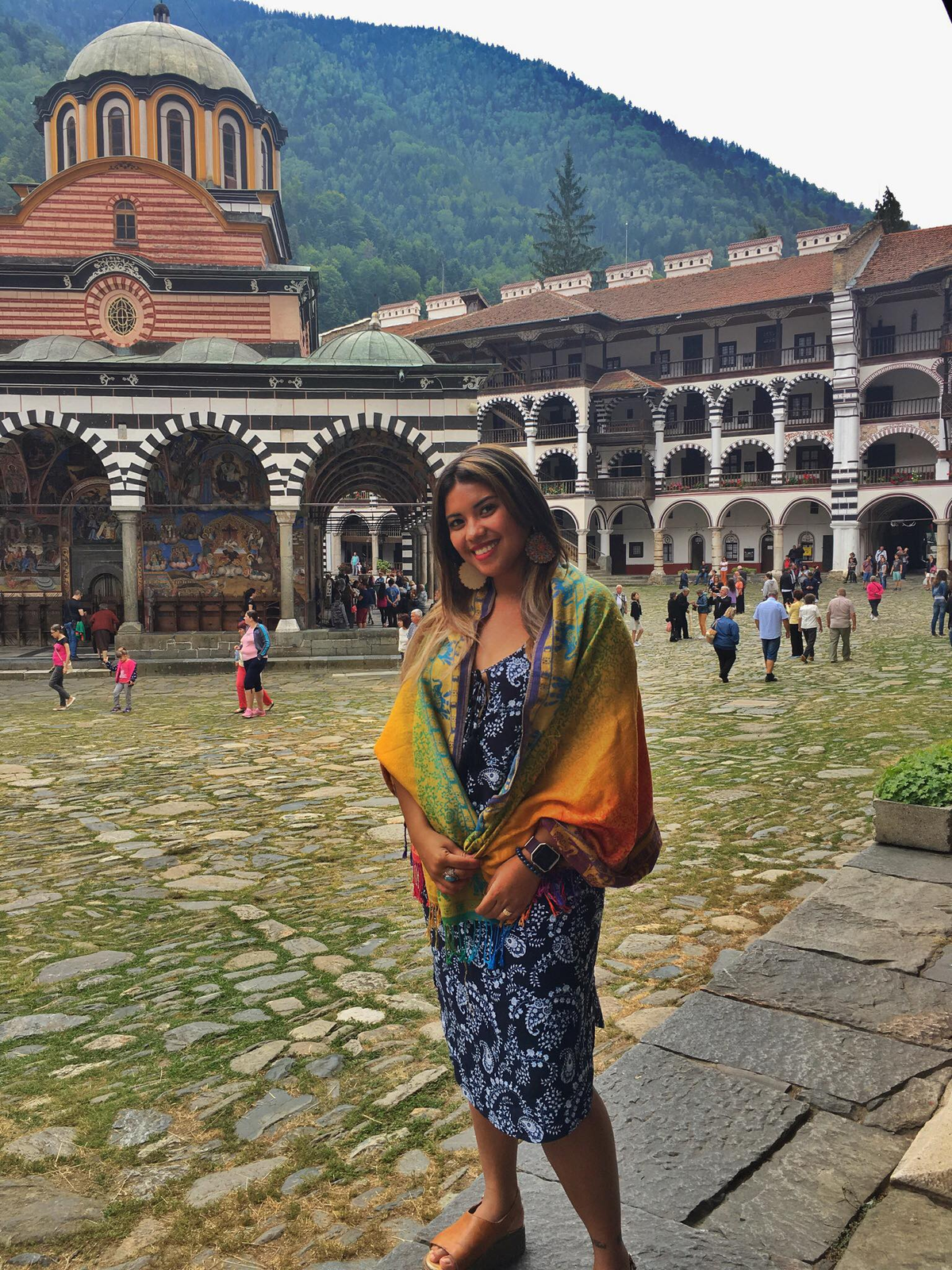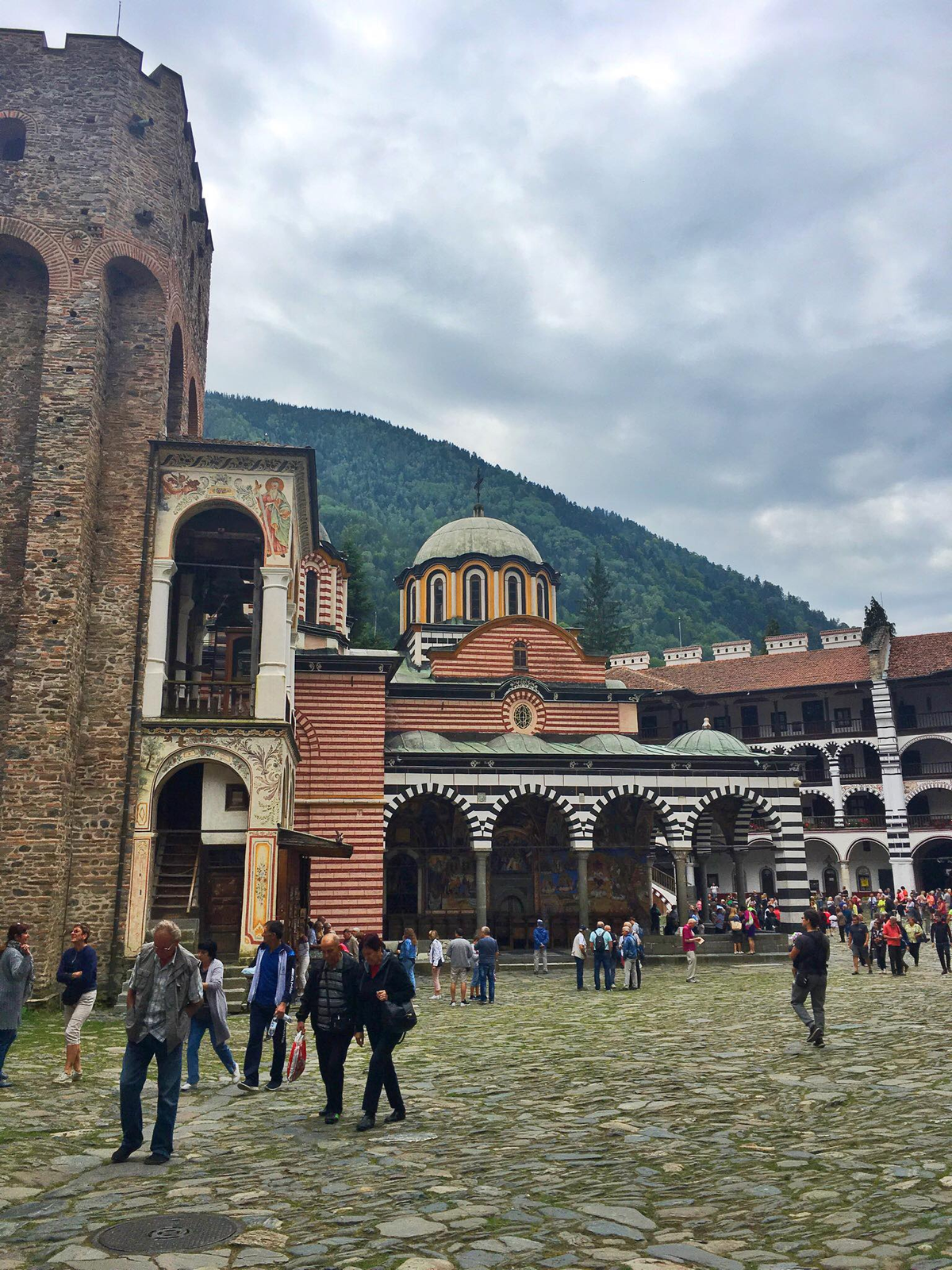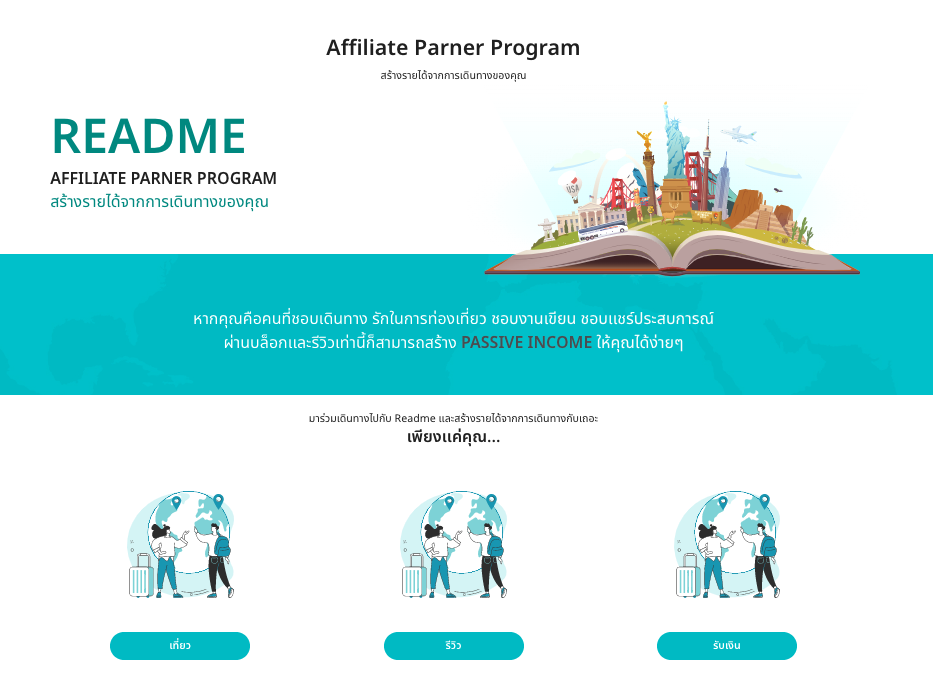Sofia. Such a charming name for an equally charming city, right? As Bulgaria’s capital and largest city, it is also known to be the country’s culture as well as an economic center. The city has also been around for centuries, dating back to at least 7000 BC and has witnessed some of the most historic moments of the human race.
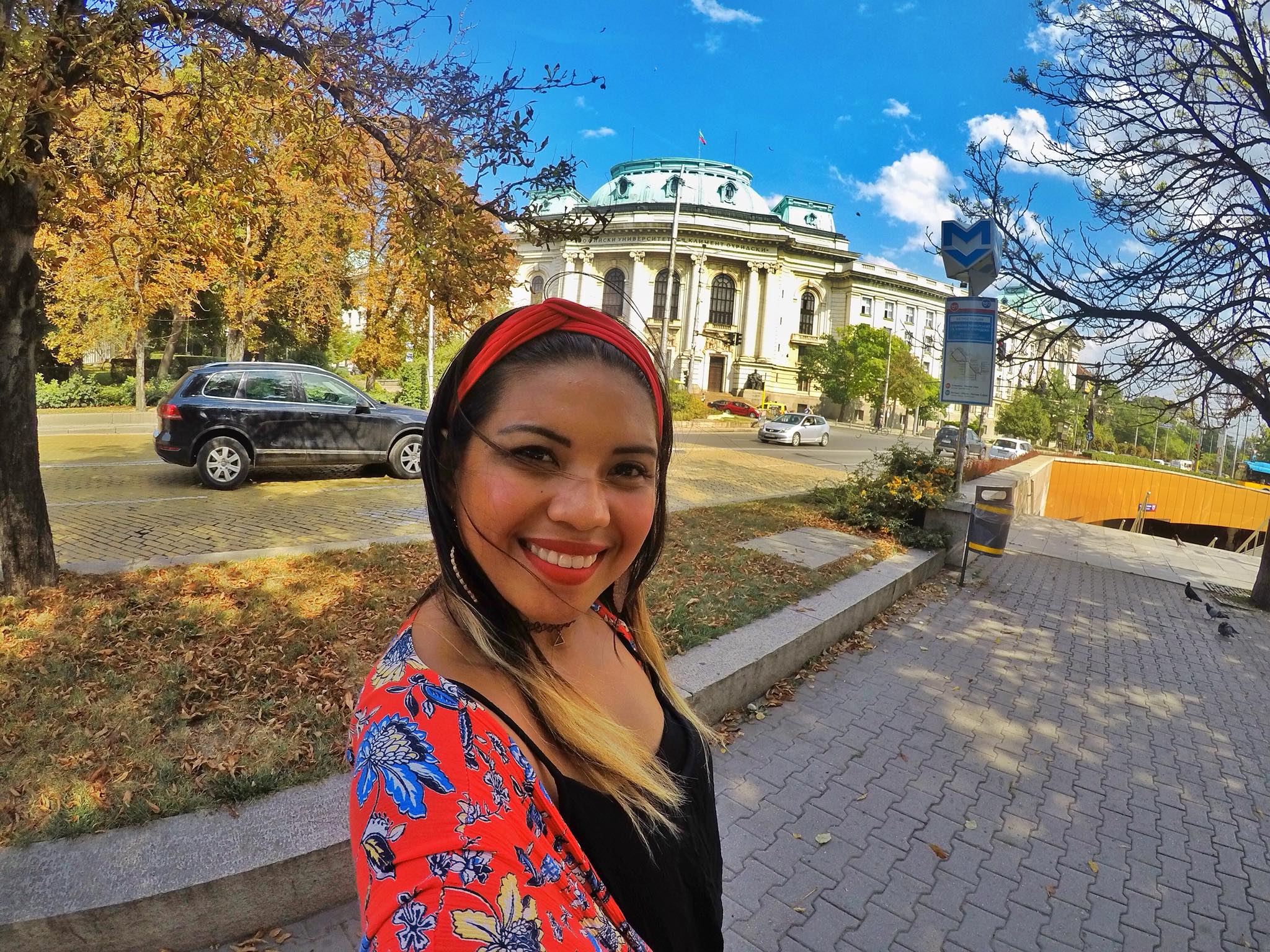
The city which is on the Western part of the country aptly called the Sofia Plain and is at the foot of Vitosha Mountain. It is also relatively close to most capitals in the Balkan peninsula and also serves as a gateway to the Middle East, thanks to its perfect location.
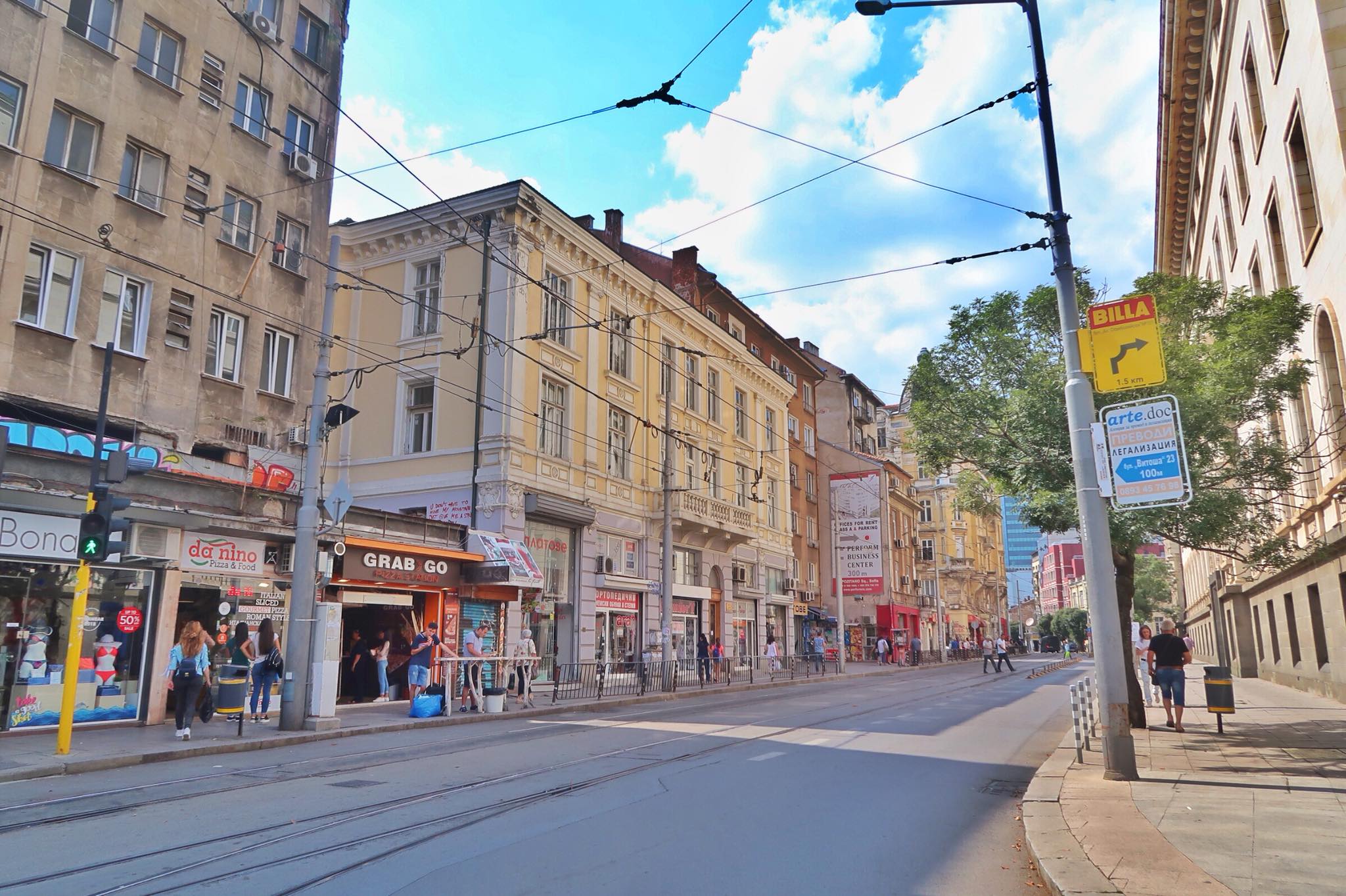
If you want to get to know more about Sofia and Bulgaria in general where you’ll find a lot of interesting historical places, skiing ranges, hiking trails and more, keep on reading this post
1. Discover the city of Sofia
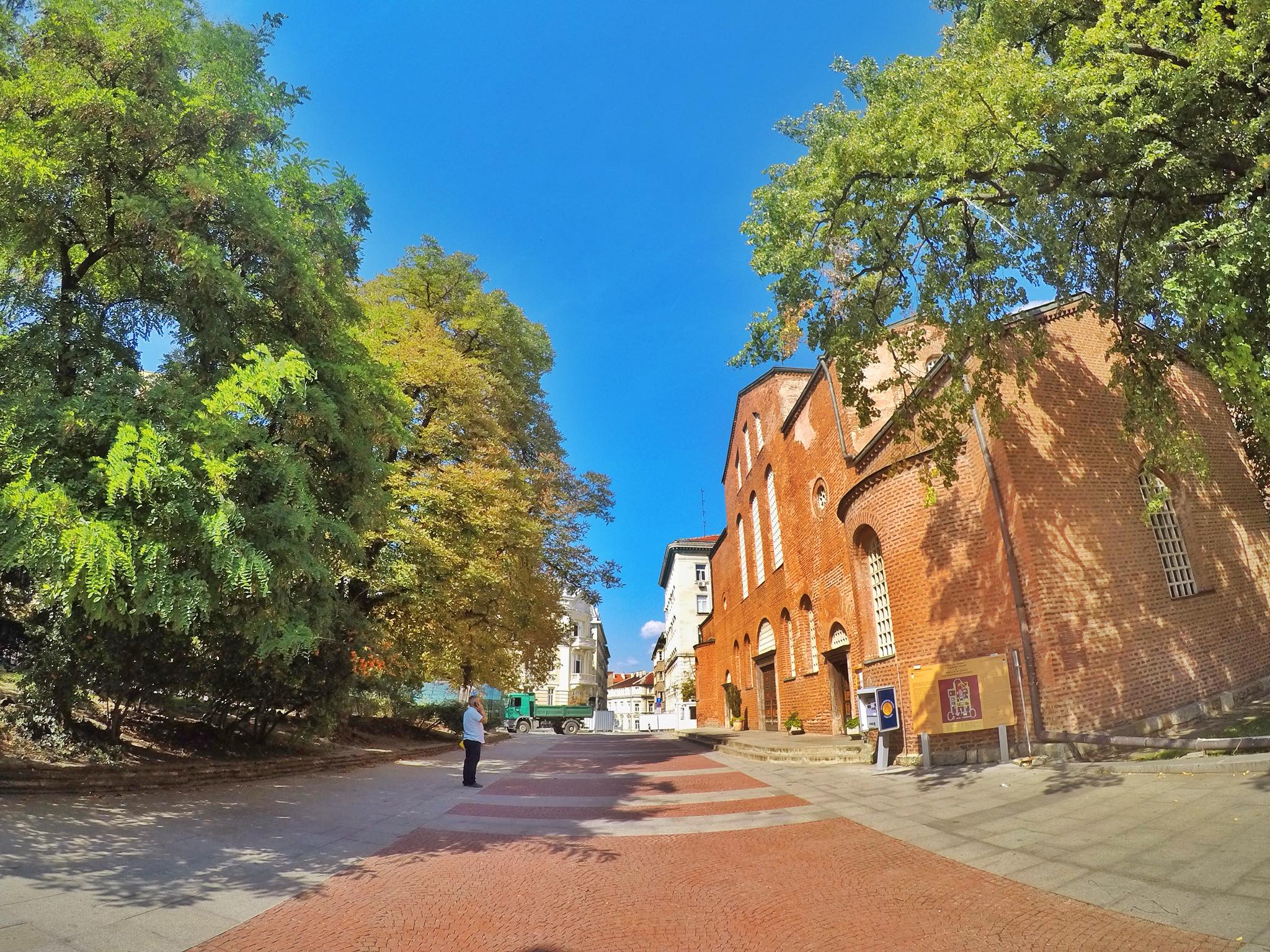
As one of the oldest cities around, Sofia has so many in store for those who would like to visit the town. Everywhere, you’ll find monuments and ruins dating back to some of the most empires in history– from the Romans to the Ottomans and even the Soviet Union!
Take a look at some of the most popular places in town like the Alexander Nevsky Cathedral, which is the second biggest one in the Balkan peninsula; one of the most majestic buildings in Bulgaria, the Ivan Vazov Theater; Saint George Rotunda, the oldest one in town; and more.
Suggested tour: Some things are better left unplanned. If you want to see more of Sofia, join a free walking tour instead so you won’t have to worry about anything.
2. Visit Rila’s Seven Lakes
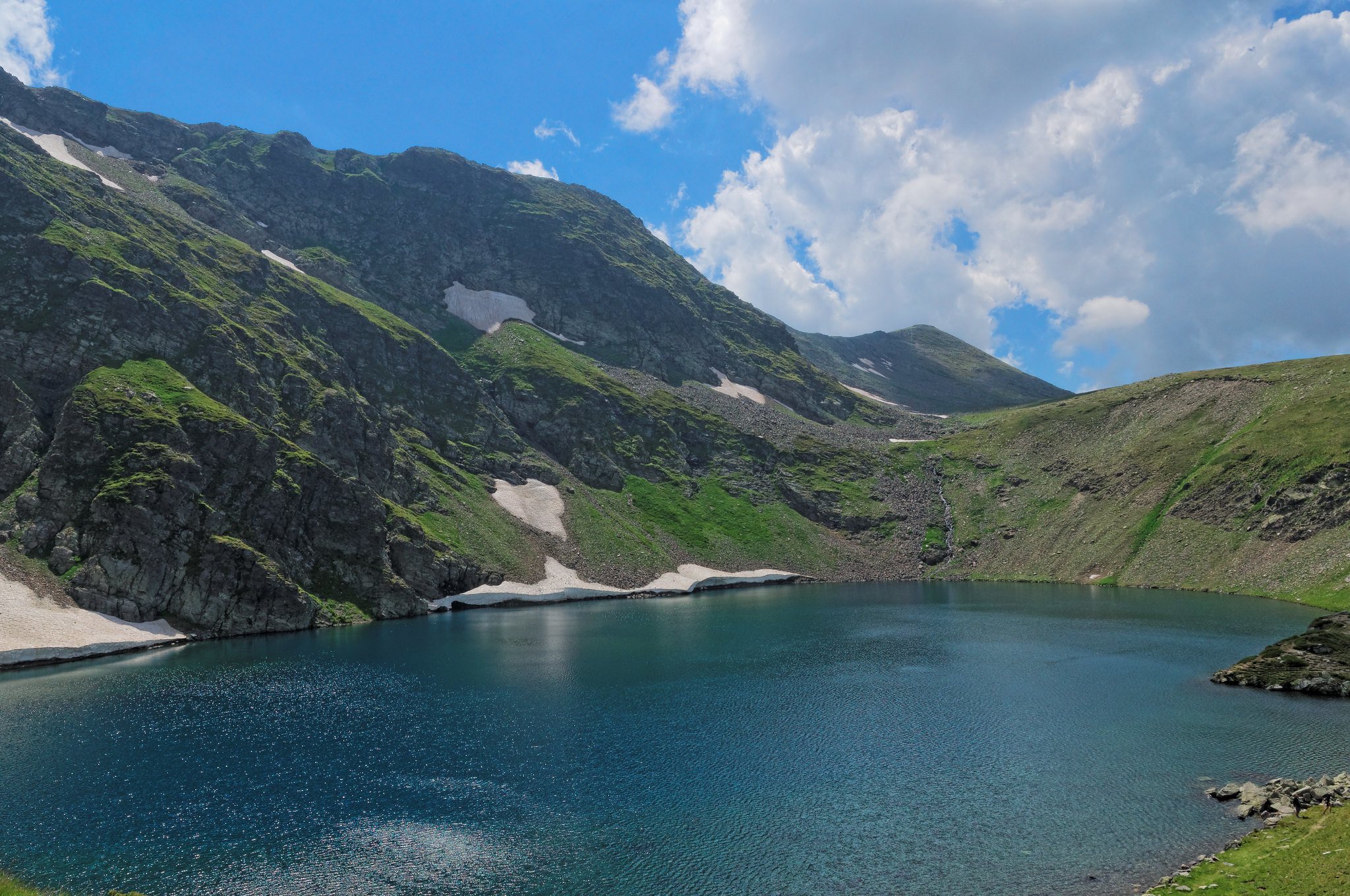
The Rila Lakes are some of the most notable destinations within the Balkan Peninsula. And lucky for you, you have the chance to see them for yourself while you’re in Sofia! This attraction is composed of seven lakes named the Lower Lake, Fish Lake, The Twin, The Kidney, The Trefoil, The Eye and The Tear.
Suggested tour: Make sure you plan this tour ahead by booking a day tour that provides transportation to and from your hotel for a hassle-free trip to this attraction.
3. Have a refreshing day at the Krushuna Waterfalls
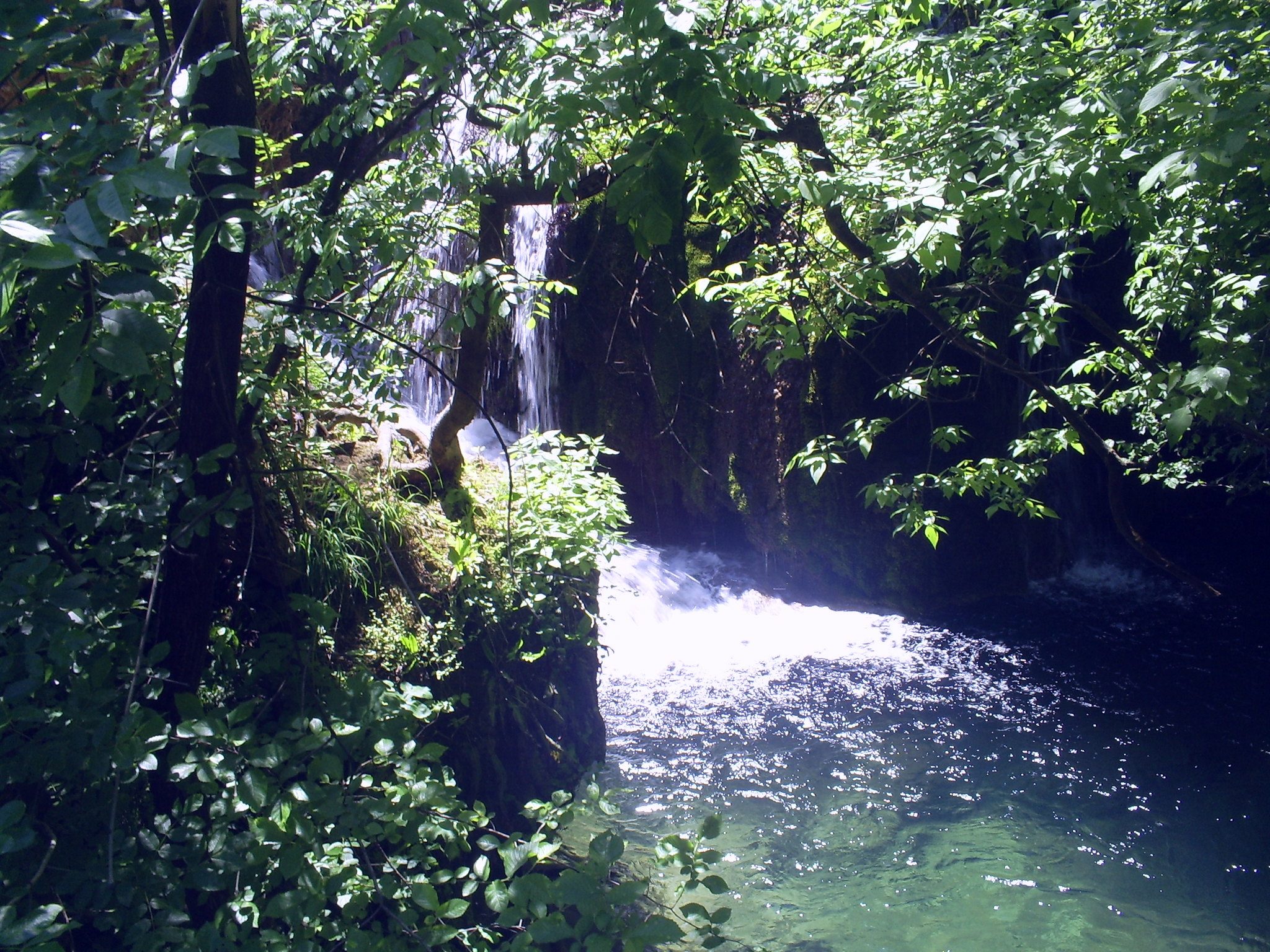
Just a few hours outside Sofia, in the north-central area of the country, lies the Krushuna National Park where the beautiful waterfalls are located. It is actually a 20-meter high cascading waterfall further split into a few smaller ones down the line. People believe its warm waters can help relieve different ailments.
Suggested tour: This day tour will not only take you to witness the majestic falls but will tour you around the town of Lovech as well as to the Devetaki Cave not far from where the water is.
4. Taste some traditional Bulgarian food
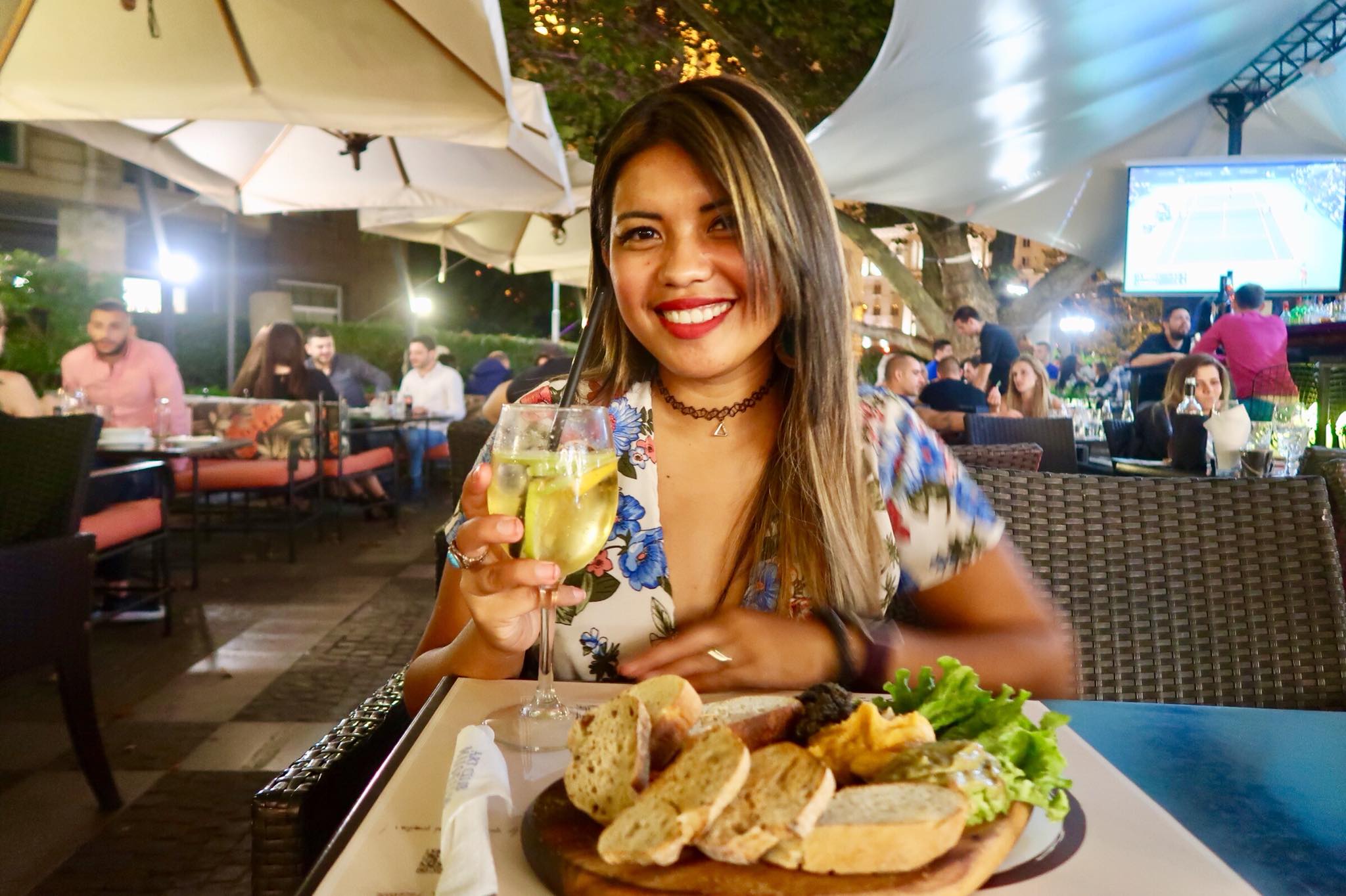
Bulgarian cuisine is, in a way, representative of the whole Eastern Europe cuisine as it shares characteristics with the cuisine from neighboring countries. It is known for having good quality products as its main ingredients for mostly pork and chicken-based dishes. It’s also some of the best-tasting food you’ll ever have in Europe so better take advantage of the time you’re in Sofia to try it!
Suggested tour: Join a local and have them help you discover the best eats in town by showing you the best places to have traditional food and wine!
5. Check out the Rila Monastery and the Boyana Church


Probably one of the highlights of your tour to Sofia will be a visit to the Rila Monastery, a UNESCO-listed heritage site deep within the pine forests of the Rila mountains. Another one is the Boyana Church, another UNESCO-listed monument noted for its pre-Renaissance charm. These are good places to explore while in the country if you’re into learning more about medieval times Sofia.
Suggested tour: Here’s a budget-friendly option for your Rila Monastery-Boyana Church tour. It even has its own transportation!
6. Explore ancient Thracian monuments
As a country dating back centuries, it’s no surprise that there are still monuments left by its ancient settlers in Bulgaria. Visit the Thracian region, an area split between Bulgaria, Greece, and Turkey, to get the chance to witness prehistoric structures like tombs and sanctuaries which was once part of the ancient civilizations that settled in the area.
Suggested tour: Join a historical tour which will take you to the Sofia History Museum and then to Strelcha where you’ll get to visit some of Bulgaria’s most ancient structures.
7. Take a tour around Sofia’s famous caves
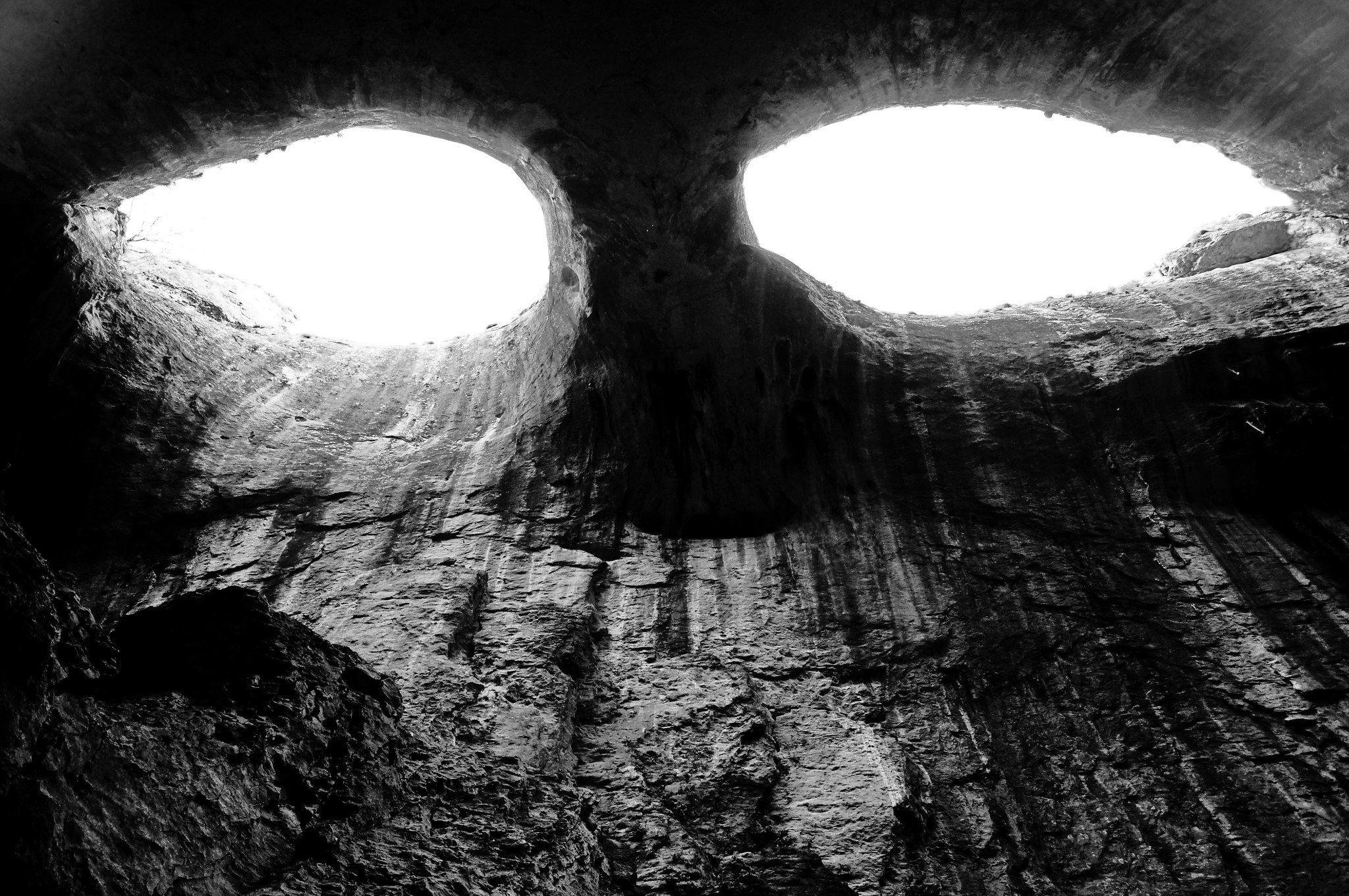
Aside from its ancient treasures, Bulgaria also boasts of its captivating natural landscape. Allot some time during your tour to visit some of the country’s most beautiful cave systems learn how it has been used by the Bulgarians who settled around the area throughout the years. You’ll find most of them just right outside Sofia.
Suggested tour: You can join a small private tour which will take you to three of the most famous caves in the country– Saeva Dupka, Prohodna, and Devetashka.
8. Find accommodation in Sofia, Bulgaria
Where to Stay in Sofia, Bulgaria
Where to stay in Sofia, Bulgaria if you’re a Budget Traveler
H2O Hostel
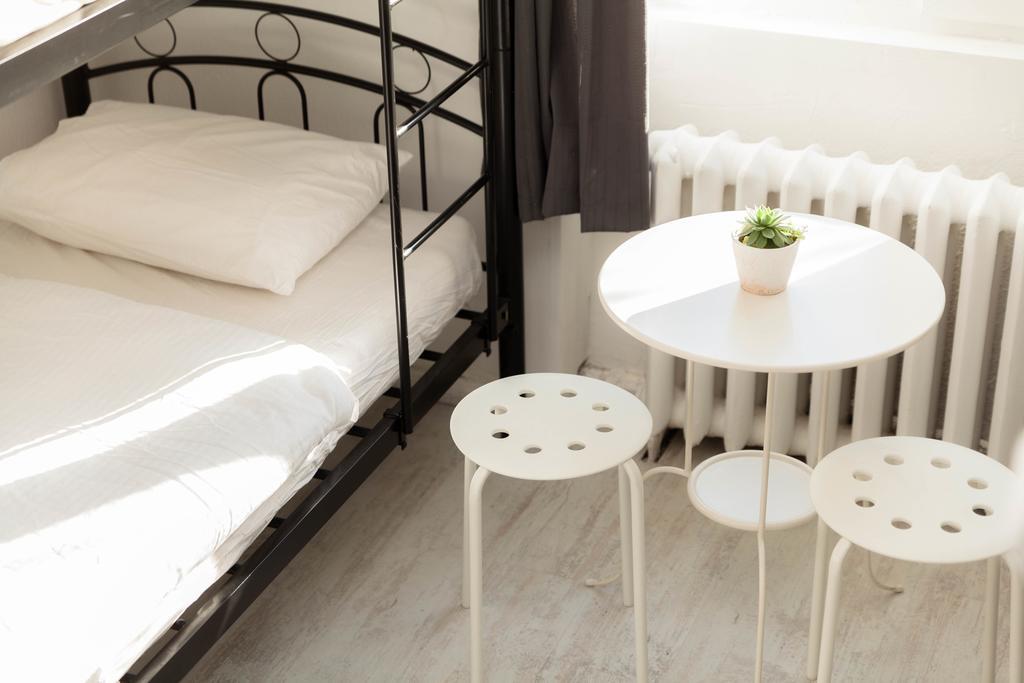
Price: Check prices here
Hours: Check-in from 14:00
Style: Modern
Star: 4 star
Location: 11 ulitsa “Iskar”, Centrum, 1000 Sofia, Bulgaria
Booking: Booking.com, Agoda
Get to know more about H2O Hostel through reviews.
Where to stay in Sofia, Bulgaria for Families or Couples
Best Western Art Plaza Hotel
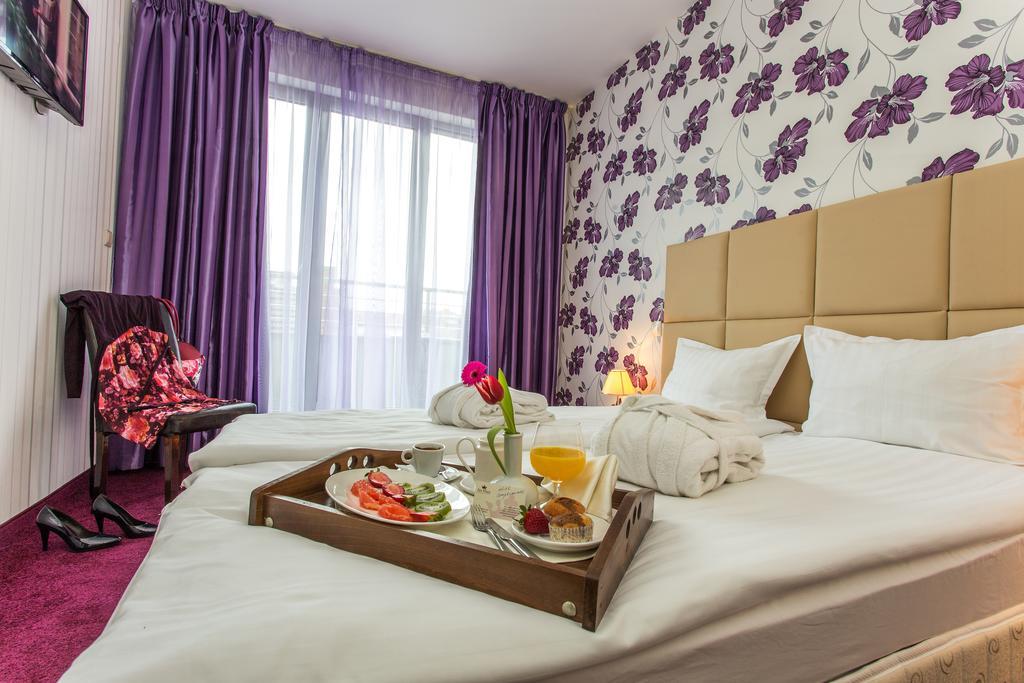
Price: Check prices here
Hours: Check-in from 14:00
Style: Modern
Star: 4 star
Location: 46 Hristo Belchev str., Centrum, 1000 Sofia, Bulgaria
Booking: Booking.com, Agoda
Get to know more about Best Western Art Plaza Hotel through reviews.
Where to stay in Sofia, Bulgaria if you want Luxury
Sofia Hotel Balkan
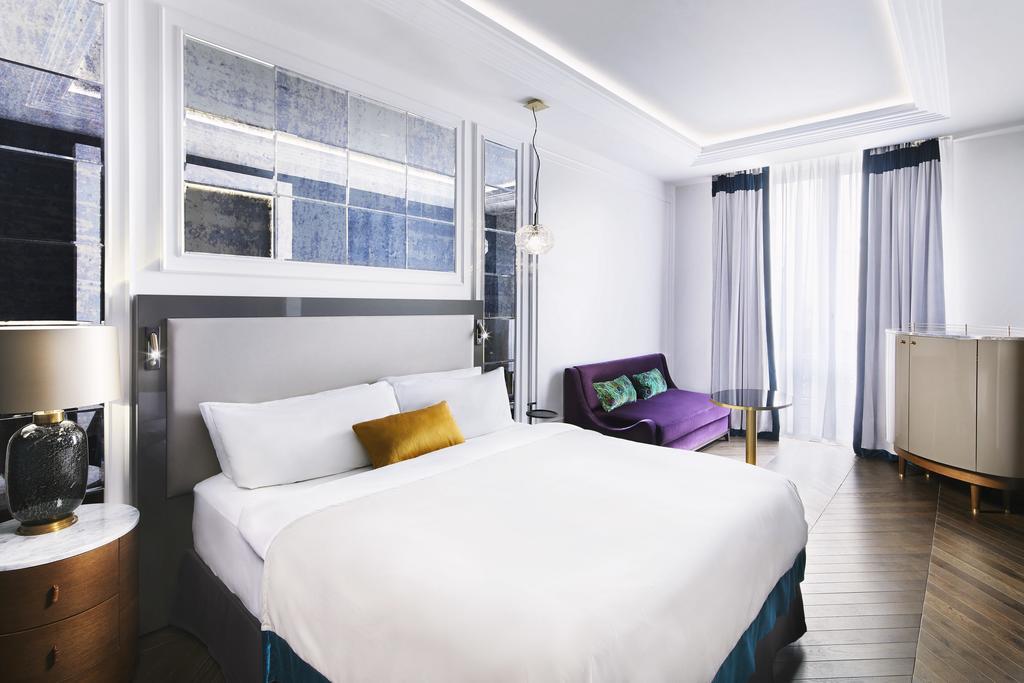
Price: Check prices here
Hours: Check-in from 14:00
Style: Modern
Star: 5 star
Location: 45, Sveta Nedelya Square, Centrum, 1000 Sofia, Bulgaria
Booking: Booking.com, Agoda
Get to know more about Sofia Hotel Balkan through reviews.
Frequently Asked Questions
1. How do I get a tourist visa to Bulgaria?
You can either get a Bulgarian visa (Short-stay/Type C Visa) or apply for a multiple-entry Schengen visa. Although technically, Bulgaria isn’t part of the Schengen region, it also accepts the Schengen visa as a means to enter their country.
2. Is it expensive to visit Sofia, Bulgaria?
You’d be surprised to know that despite the good standard of living in Sofia, it’s a pretty inexpensive city to visit, given that it’s in Europe! Accommodations are pretty affordable, with some even going as low as around $20-25 a night. Food is also affordable at around $15 for 3 meals a day, and the serving sizes are pretty good as well.
Keep in mind that they use Bulgarian lev (BGN) as their currency.
3. Is Sofia a safe place to visit?
Sofia is definitely a safe destination, according to most tourists who have been there. Of course, you still have to take precautions as a visitor in the country but for the most part, travels to the city are worry-free.
4. How do I get on a flight to Sofia, Bulgaria from Manila?
To visit Sofia, you can get on board connecting flights via major cities like Singapore, Hong Kong, Doha, Istanbul and more. It really depends on which carrier you decide to go for but do know that there are a ton of airlines flying to and from the country on a regular basis.
On average, it will take you around 17 hours to get to Sofia from Manila.
5. When is the best time to visit Sofia, Bulgaria?
Just like most European countries, Sofia is in full bloom from around June to around September. Hence, it’s the most ideal time to visit. During this season, the weather is generally pleasant with a very limited amount of rainfall.

Are you on Pinterest? Pin these!
Kach Umandap
Tuesday, May 9, 2023 2:07 PM

